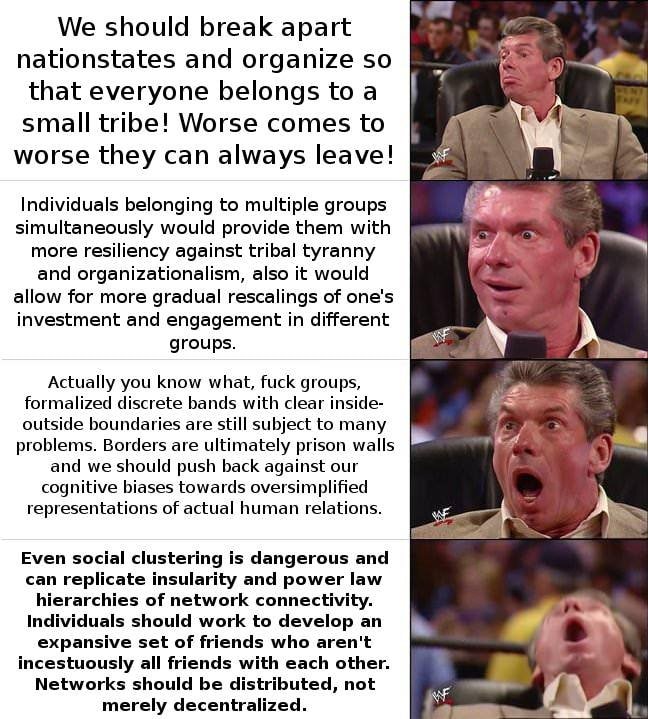I think it was watching this video shared on somee.social that led me to two interesting articles, which titles caught my attention. The video is a response to the recent article published by Emily Oster about declaring a pandemic amnesty. I love listening to her and I think her content is the kind that people should hear. It is just unfortunate that mainstream social media don’t allow such an alternative perspective.
Declining Prices
The first article is about declining prices. The writer argues that declining prices do not destroy wealth. In fact, they enable wealth creation.
Though the context dealt with in that article is different from my current interest, the title somehow drives me to think about the current falling prices in cryptocurrency. I am thinking about whether the idea is applicable to the crypto space. Perhaps not to all, but only for those with solid names. These are crypto projects whose developers are focused on building up digital infrastructures with strong support and engagement from their community.
Rephrasing my comment on one article about extended crypto winter, I see that falling prices are just an opportunity to grow one’s wealth provided that you are invested in solid projects like Hive and the many dApps on top of it.
Radical Decentralization
The other article talks about “radical decentralization,” which is a favorite topic among blockchain and crypto enthusiasts. The article is old; it was published in 2016, and again, the context is also different.
The writer is criticizing the European Union project. In his eyes, the EU for so long has been “on a crusade to erode, and ultimately destroy, all national identities and all social and cultural cohesion.”
I think I stumbled upon this similar idea in Hive a few months ago with the concept of digital nations. “Destruction” of course is a strong word. It’s more likely that with the advent of blockchain and cryptocurrency technologies people can no longer be bound by physical nations. I am not certain if national identities can be completely destroyed by these technologies. However, I like the idea of multiple digital citizenship.
As for “social and cultural cohesion,” I think a new kind is also emerging in the crypto space. And this is healthier and more constructive compared to both physical nations and mainstream social media, which have been highly politicized.
And then the writer further describes the real character of the EU as “a gang of power-lusty crooks empowering and enriching themselves at other, productive people’s expense.” I am not sure if you agree with him in using those strong words. The writer doesn't like the concept of a “Super-State.” He prefers the existence of thousands of micro-states “united through free trade, and in competition with one another in the attempt of offering the most attractive conditions for productive people to stay or move.”
Moreover, Hoppe doesn’t share the popular idea that the US still remains “as the ‘land of the free,’ of rugged individualism and of unhampered capitalism.” In his eyes, there is no fundamental difference between the “‘democratic capitalism’ of the US and Europe’s ‘democratic socialism.’”
The man ended his piece by saying that we should not trust in democracy but rather we should put our hope instead “into radical political decentralization, not just in India and China, but everywhere.”
After reading the entire article, I am just thinking about how the concept of DAO can enter into such a picture of radical decentralization. Not sure if the writer is aware of the existence of such an alternative.
Grace and peace!
Posted Using LeoFinance Beta
Great post

The term "distributed" is technically more accurate. However, I suspect that many use the word "decentralization" as synonymous with "distributed."
!CTP
Living in the EU, I can understand why this point of view is valid. If that wasn't the case, nationalist movements and parties wouldn't have as much support as they have in the EU.
Glad to receive confirmation.
Thanks!